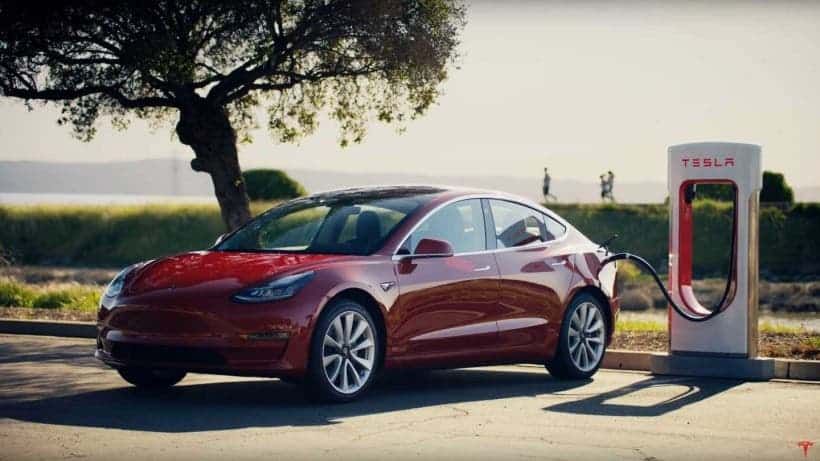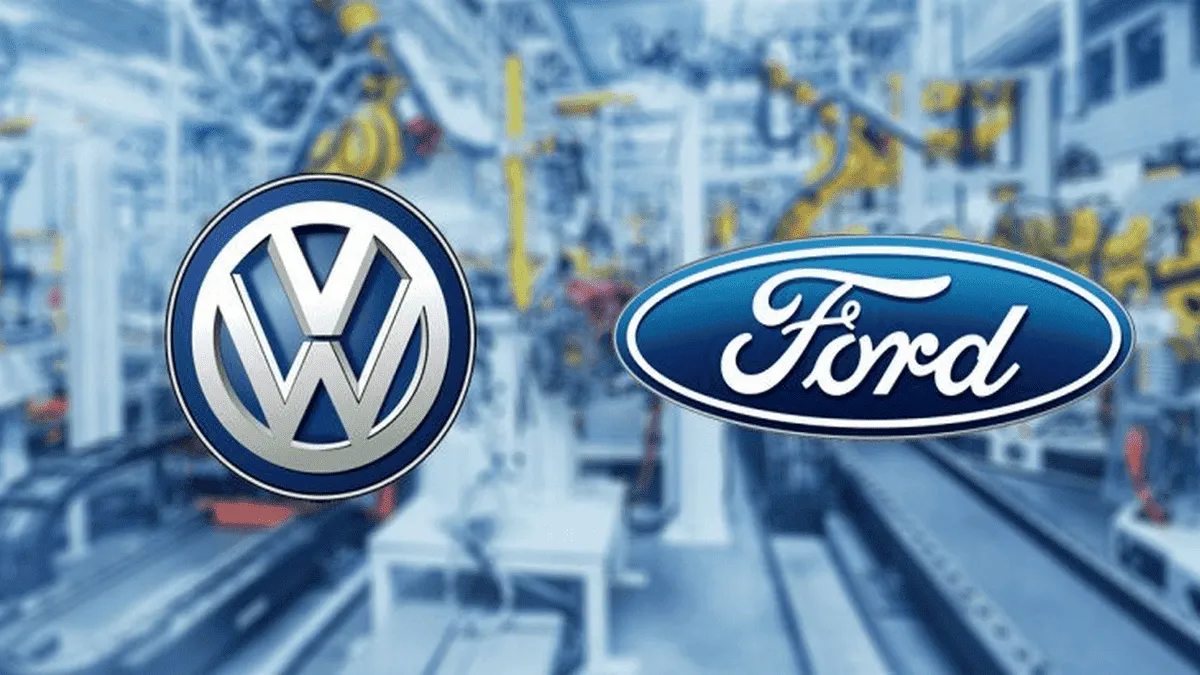The automobile industry is becoming increasingly competitive, especially in the electric car market. In this market, no doubt, American car maker, Tesla is the most popular. Those car manufacturers who want to compete with Tesla are now facing a new challenge. The new challenge is the decision on which technology they should develop internally and which they should get from suppliers. For most of the world's automakers, becoming more vertically integrated by doing more in-house manufacturing represents a major shift. For decades, they have relied on suppliers for critical components and software and run vast manufacturing networks in low-wage countries.

But now, some established automakers are embracing this dramatic shift, changing the way they've long "made or bought". One of the factors is that the success of Tesla's electric vehicles has served as an example. As we all know, Tesla electric vehicles mainly rely on proprietary technology developed and manufactured by itself. Another factor is that supply chain disruptions caused by the pandemic have brought financial losses to automakers.
Automakers are now focusing on internal parts development
1. Supply chain disruptions
One of the major reasons why car manufacturers must look inward is supply chain disruptions. The pandemic truly revealed how "unhealthy" and disruptive supply chains can be. In the face of a global crisis, supply chains can be completely cut off. Take for instance brands that get their major supplies from Russia or Ukraine? You can be sure that they will be suffocating presently and looking for viable alternatives.
"The most important thing is that we start to integrate vertically," Ford CEO Jim Farley said at a conference earlier this month. Farley said Ford had to abandon its early electric vehicle strategy, which buy parts off the shelf. Today, Ford's goal is to control the supply chain, all the way back to the mines that produce battery materials.
Meanwhile, rivals including Volkswagen, General Motors, and Mercedes-Benz are pursuing similar strategies. Mercedes-Benz last year bought YASA, a British high-performance electric motor maker. It also retrofitted a factory near Berlin to produce motors based on YASA technology.
Earlier this month, Mercedes-Benz opened a new plant in Alabama to make battery packs for U.S.-made electric vehicles. The company said it will partner with Japanese battery maker Envision AESC to produce batteries in the United States.
"We're going deep into buying," Mercedes-Benz CEO Ola Kaellenius told reporters at a briefing in Alabama.
2. Internal production is a "winning strategy"
Automakers' investments in mines, motors, and batteries run counter to decades of handing over control of development and production to suppliers. Under the previous model, suppliers could mass-produce parts for multiple automakers, thereby reducing costs. However, in the new world of electric vehicles, investors have identified Tesla's model as a winning strategy. They buy raw materials outright, make their own batteries, and design their own software. Tesla's market cap has soared to more than $1 trillion in recent weeks, more than Toyota, Volkswagen, General Motors and Ford combined.
"The major players have realized that electric vehicles are the way of the future," Peter Rawlinson, chief executive officer (CEO) of electric vehicle startup Lucid, said in an interview. To level up in terms of motors, transmissions, battery technology, inverters, and electric powertrains.”
Between the 1970s and the 2000s, the share of intellectual property owned by automakers in their vehicles fell from 90 percent to 50 percent, according to Sam Abuelsamid, an analyst at research firm Guidehouse Insights.
That means that while EV pioneer Tesla is demonstrating that its vertically integrated vehicles are popular with consumers, many traditional automakers lack the in-house engineering expertise to develop their own EV platforms, powertrains, and battery packs.
Tesla CEO Elon Musk said on an earnings call in 2020: "Compared to other automakers, we design and build many more cars in-house, and they rely primarily on the traditional supply base.”
Admittedly, Tesla's approach is expensive. Tesla has raised car prices several times over the past few years. While Musk had promised a car that would start at about $25,000, he said earlier this year: "We're not working on this $25,000 car at the moment. At some point, we will. But we have enough work on our hands now."
3. Technical competition
Supplier industry executives say there is a gap between the vertical integration strategies automakers envision and what happens when engineers try to meet deadlines to deliver new cars.
"There's a lot of talk about insourcing and vertical integration, especially in areas like software," Kevin Clark, chief executive officer (CEO) of auto parts supplier Aptiv, said last month. "The automakers that come and go are struggling with software development."
Many manufacturers still prefer to buy EV technology to avoid the cost and complexity of in-house manufacturing, said Xavier Mosquet, a senior consultant at the Boston Consulting Group. "At some point, there are a number of automakers that want to keep buying and managing the eventual integration," Mosquet said. "Of course, it will be years before the approach is successful."
Many automakers are also hesitant to take full control of the entire EV production process at a time when EV purchases are still a fraction of total vehicle demand.
Data from research firm, IHS Markit shows that currently, only Tesla, electric vehicle startup Lucid, and BYD manufacture electric motors entirely in-house. It was followed by Hyundai and the Renault-Nissan-Mitsubishi alliance.
Other automakers, including Mercedes-Benz, Ford, and Porsche, are using electric motors from suppliers.
"Electric powertrains aren't available at world-class standards, and it's not yet a commodity," said Lucid Chief Executive Officer (CEO) Rawlinson. "It's a technology race that the market hasn't seen yet."
Mercedes said it plans to produce its own electric motors, battery packs, and electronics starting in 2024. Mercedes is cutting costs by buying raw materials directly from miners, said Markus Schaefer, the company's chief technology officer.
Conclusion
Considering the successes of Tesla, completely in-house production seems like the way to go. However, it is a very complex road that many automakers will not like to thread on. Recall that Tesla is almost entirely an electric car brand. It is quite different from other automakers like Ford and Mercedes-Benz which also make traditional vehicles.






Place comments
0 Comments
You are currently seeing only the comments you are notified about, if you want to see all comments from this post, click the button below.
Show all comments